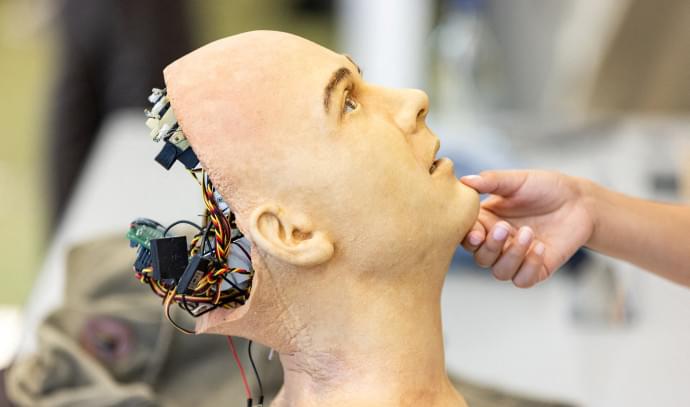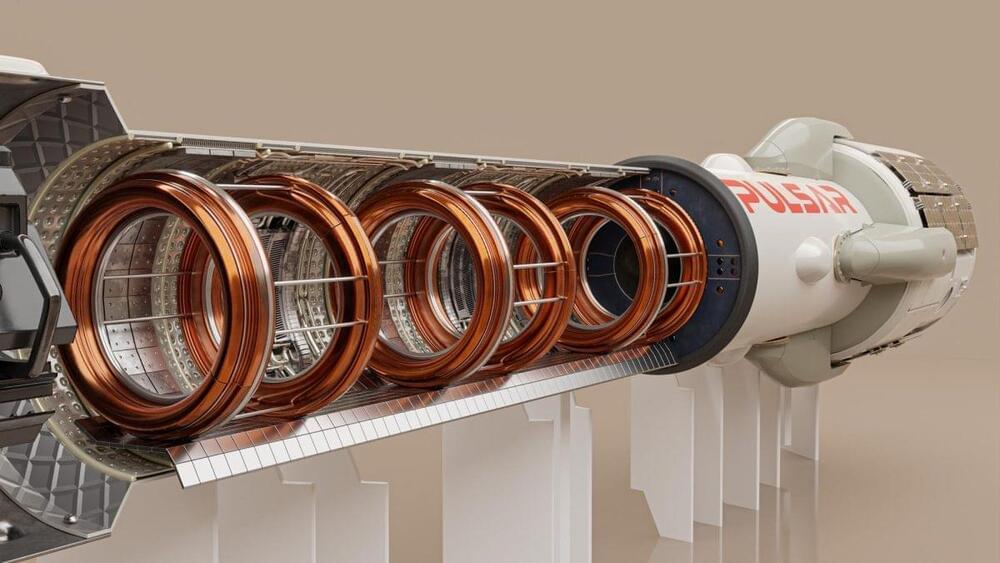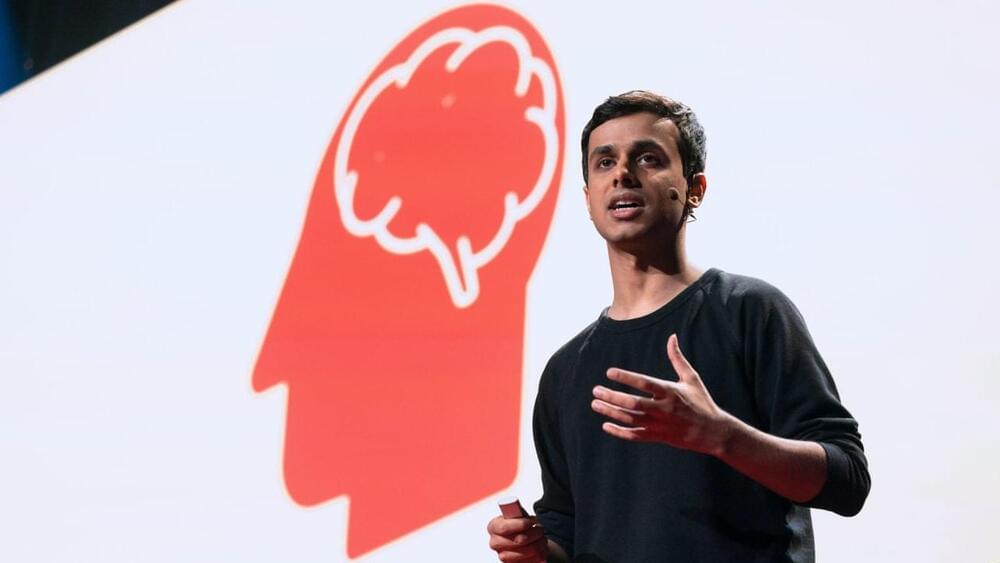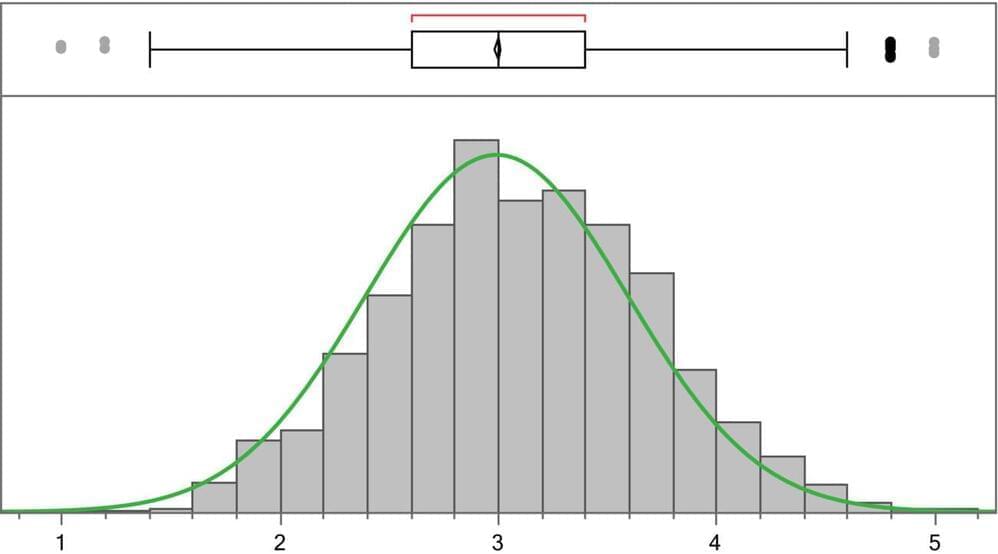The Titan’s lack of credentials was noted in legal waivers OceanGate asked customers to sign before voyages. The company reportedly warned that its newest submersible had “not been approved or certified by any regulatory body” and that a dive “could result in physical injury, disability, emotional trauma or death.”
You do realize carbon fiber is very weak with compression. Tensile strength is superior to the compression strength. No one is talking about regulation for some reason, which disturbs me. Many things are not on the market because of regulations, like FAA regulations. However some geniuses make a sub out of carbon fiber and other cheap materials, they make people sign waivers telling occupants they are going in an unregulated craft, and people act suprised that something went wrong. Something was going to go wrong, the sub was made of carbon fiber. I don’t even know how the fibers were aligned.
This paper examines the compressive strength data of a recent experimental study [Smith FC. The effect of constituents’ properties on the mechanical performance of fibre-reinforced plastics. PhD thesis. Centre for Composite Materials, Imperial College, April 1998] concerned with the evaluation of a range of engineering properties of continuous carbon fibre/epoxy composites subjected to static tensile and compressive loading. A plastic fibre kinking analysis [Budiansky B. Micromechanics. Comput Struct 1983;16:3–12] and a linear softening cohesive zone model (CZM) [Soutis C. Compressive failure of notched carbon fibre–epoxy panels. PhD thesis. Cambridge University Engineering Department, UK, 1989; Soutis C, Fleck NA, Smith PA.
















